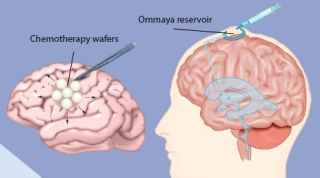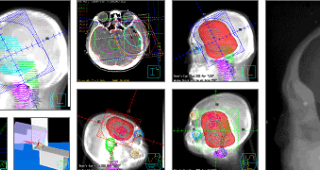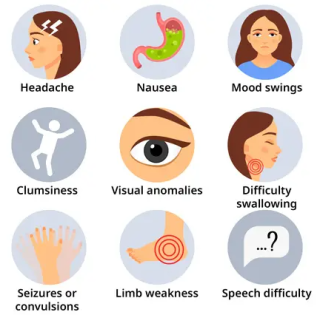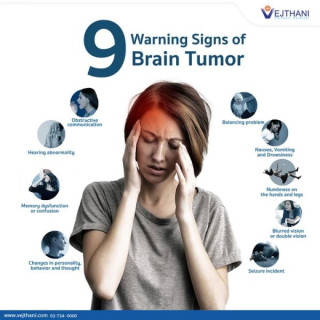Chemotherapy for Brain Cancercreated at May 04, 2009 1,272 1,272 Chemotherapy for brain cancer involves using drugs to kill cancer cells, |
Essential Questions to Ask Your Doctor About Brain Cancer Treatmentcreated at May 04, 2009 1,260 1,260 Navigating a diagnosis of brain cancer can be overwhelming, |
Clinical trials for Brain Cancercreated at May 04, 2009 1,254 1,254 Clinical trials for brain cancer are research studies that test new treatments, |
Understanding Radiation Therapy for Brain Tumorscreated at May 04, 2009 1,466 1,466 Radiation therapy for brain tumors uses high-energy radiation to kill cancer cells and shrink tumors.This can be delivered externally through a linear accelerator (external beam radiation therapy) or internally via implanted radioactive seeds (brachytherap... |
Understanding Surgery for Brain Tumors: A Comprehensive Guidecreated at May 04, 2009 1,373 1,373 Brain tumor surgery aims to remove as much of the tumor as safely possible while minimizing damage to healthy brain tissue.The approach varies depending on the tumor's location, |
What are the symptoms of Brain Tumors?updated at Nov 11, 2025 1,542 1,542 Brain tumor symptoms are highly variable, |
What is brain cancer?created at May 03, 2009 1,243 1,243 Brain cancer is a disease in which malignant (cancerous) cells form in the tissues of the brain.It encompasses a wide variety of tumors, |





